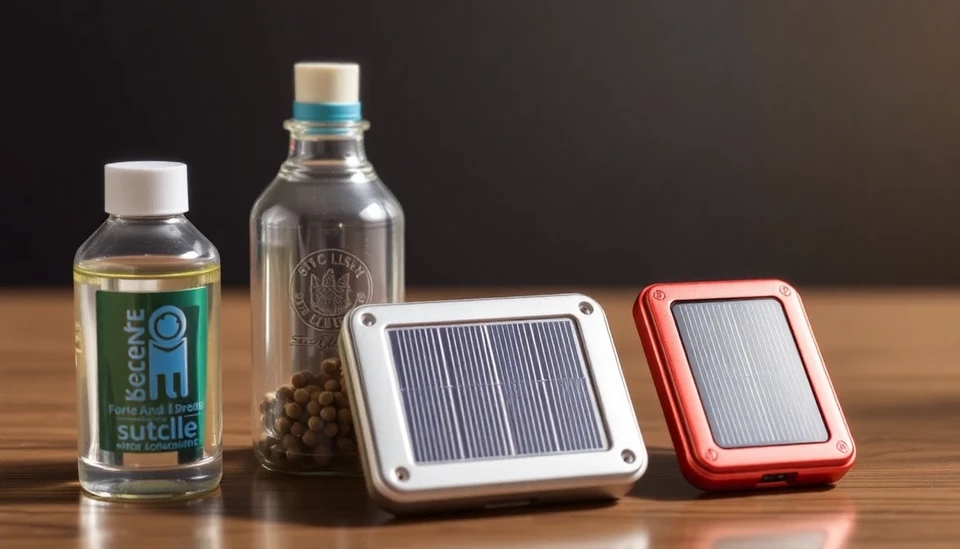
In an exciting development for renewable energy, recent advancements in solar technology promise to integrate solar cells into a wider array of everyday items. From clothing to electronic devices, the potential for solar energy to be embedded in common products could significantly alter consumer behavior and energy consumption patterns.
Researchers and companies alike are keenly exploring how these innovations could transition from experimental concepts to practical applications. One notable avenue involves incorporating solar cells into textiles, allowing clothing to charge devices or power small appliances while the wearer goes about their day. Imagine a jacket capable of charging your smartphone simply by being worn outdoors—this is the vision that researchers are striving to realize.
Moreover, portable electronic devices such as laptops and tablets could soon feature solar charging capabilities directly embedded into their casings. This kind of innovation not only enhances the convenience of powering devices on-the-go but also aligns with the broader movement towards sustainability, as it would reduce reliance on traditional electricity sources.
Industry leaders are also investing substantial resources into developing ultra-thin, flexible solar cells that can be seamlessly integrated into various materials. These advancements mean that future products could harness solar energy without compromising design or functionality, making sustainable options more appealing to consumers.
As products evolve to incorporate solar technology, the implications for environmental sustainability are considerable. With mounting concerns over climate change and fossil fuel dependency, the widespread adoption of solar-infused items could contribute to a reduction in carbon emissions. This would position solar energy not just as an alternative power source, but as a mainstream solution in the consumer market.
Innovation in this field is supported by a growing number of tech startups and established companies, all exploring different facets of solar technology. The investment in research and development is indicative of a trend that recognizes the importance of renewable energy in everyday life. Entrepreneurs are now tasked with innovating around the challenges that come with scaling this technology for mass production and ensuring accessibility in price and function.
The shift towards more sustainable products also highlights a changing consumer mentality. People are increasingly seeking out eco-friendly options, pushing manufacturers to adapt. The incorporation of solar cells into everyday items is both a response to consumer demand and a proactive step toward reducing environmental impact.
Looking ahead, the integration of solar technology into everyday items is poised to redefine our relationship with energy consumption. As this technology continues to evolve, it presents an exciting frontier with the potential to foster a more sustainable future across various industries.
In conclusion, the future of solar cells in everyday products is not just a fleeting trend; it represents a significant leap toward embracing renewable energy as an everyday convenience. With continuous advancements, we can expect to see solar technology seamlessly integrated into more of the products we rely on, ultimately contributing to a cleaner and more sustainable planet.
#SolarEnergy #RenewableEnergy #Sustainability #Innovation #CleanTech #EcoFriendly #FutureTech #EnergyEfficiency
Author: Sophie Bennett




